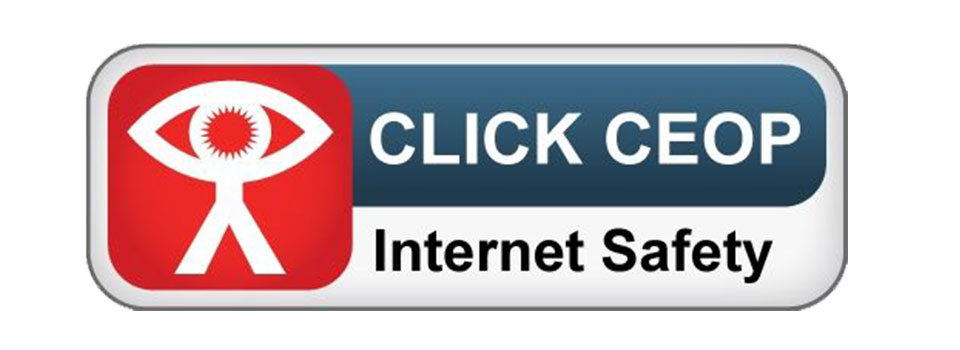Geography
‘Geography is concerned with the study of places, the human and physical processes which shape them and the people who live in them. It helps pupils to make sense of their surroundings and to gain a better appreciation’
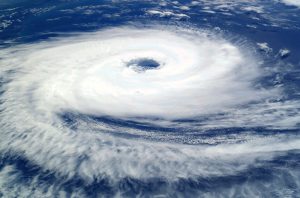
Engage/Enthuse/Educate
Geography
Aims
- Build an extraordinary learning community that goes beyond the curriculum.
- Foster a spirit of enquiry.
- Draw on the rich variety of experience and views to support a coherent and collegiate approach to teaching and learning.
- Nurture links with other schools and departments locally, nationally and globally
- Enable the continued personal and academic development of each student
(Courses: Geography is offered across the age and ability range at St Michael’s Catholic College)
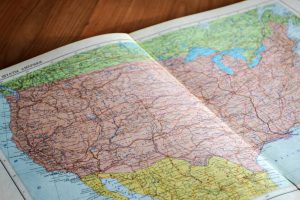
Key Stage 3
Two 1 hour lessons per week.
Curriculum Content Geography KS3
| Year 7 | Year 8 | Year 9 | |
| Autumn term | Passport to Geography | Water Works | Into Africa |
| Future Floods | Introducing India | Risky World | |
| Spring term | Global Cities | Coastal landscapes | Glacial Environments |
| Role of Stones | Global conflicts | What’s the use? | |
| Summer Term | Ecosystems | Moving Stories | Russia’s region and roles |
| Impossible Places | The Geography of my stuff | The rise and rise of China |
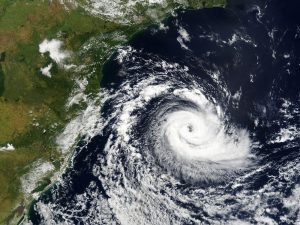
Key Stage 4
Three lessons per week in years 10 and 11.
Year 10 GCSE Geography AQA
Subject content
Living with the physical environment
3.1.1 Section A: The challenge of natural hazards
3.1.2 Section B: The living world
3.1.3 Section C: Physical landscapes in the UK
Challenges in the human environment
3.2.1 Section A: Urban issues and challenges
3.2.2 Section B: The changing economic world
3.2.3 Section C: The challenge of resource management
Geographical applications
3.3.1 Section A: Issue evaluation
3.3.2 Section B: Fieldwork
Geographical skills
Exams (AQA)
| Paper 1: Living with the physical environment
What’s assessed 3.1.1 The challenge of natural hazards, 3.1.2 The living world, 3.1.3 Physical landscapes in the UK, 3.4 Geographical skills |
|
| How it’s assessed
Written exam: 1 hour 30 minutes 88 marks (including 3 marks for spelling, punctuation, grammar and specialist terminology (SPaG)) 35% of GCSE |
|
| Questions
Section A: answer all questions (33 marks) Section B: answer all questions (25 marks) Section C: answer any two questions from questions 3, 4 and 5 (30 marks) Question types: multiple-choice, short answer, levels of response, extended prose |
|
| Paper 2: Challenges in the human environment | |
| What’s assessed
3.2.1 Urban issues and challenges, 3.2.2 The changing economic world, 3.2.3 The challenge of resource management, 3.4 Geographical skills |
|
| How it’s assessed
Written exam: 1 hour 30 minutes 88 marks (including 3 marks for SPaG) 35% of GCSE |
|
| Questions
Section A: answer all questions (33 marks) Section B: answer all questions (30 marks) Section C: answer question 3 and one from questions 4, 5 or 6 (25 marks) Question types: multiple-choice, short answer, levels of response, extended prose |
|
| Paper 3: Geographical applications | |
| What’s assessed
3.3.1 Issue evaluation, 3.3.2 Fieldwork, 3.4 Geographical skills |
|
| How it’s assessed
Written exam: 1 hour 15 minutes 76 marks (including 6 marks for SPaG) 30% of GCSE Pre-release resources booklet made available 12 weeks before Paper 3 exam |
|
| Questions
Section A: answer all questions (37 marks) Section B: answer all questions (39 marks) Question types: multiple-choice, short answer, levels of response, extended prose |
|
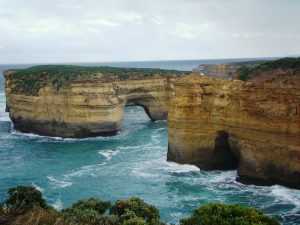

Key stage 5, A-Level Geography (AQA)
Subject content
Physical geography
- Water and carbon cycles
- Hot desert systems and landscapes
- Coastal systems and landscapes
- Glacial systems and landscapes
- Hazards
- Ecosystems under stress
Human geography
- Global systems and global governance
- Changing places
- Contemporary urban environments
- Population and the environment
- Resource security
Geography fieldwork investigation
Geographical skills
Assessments
| Component 1: Physical geography |
| What’s assessed
Section A: Water and carbon cycles Section B: either Hot desert systems and landscapes or Coastal systems and landscapes or Glacial systems and landscapes Section C: either Hazards or Ecosystems under stress |
| How it’s assessed
Written exam: 2 hours 30 minutes 120 marks 40% of A-level |
| Questions
Section A: answer all questions (36 marks) Section B: answer either question 2 or question 3 or question 4 (36 marks) Section C: answer either question 5 or question 6 (48 marks) Question types: multiple-choice, short answer, levels of response and extended prose |
| Component 2: Human geography |
| What’s assessed
Section A: Global systems and global governance Section B: Changing places Section C: either Contemporary urban environments or Population and the environment or Resource security |
| How it’s assessed
Written exam: 2 hours 30 minutes 120 marks 40% of A-level |
| Questions
Section A: answer all questions (36 marks) Section B: answer all questions (36 marks) Section C: answer either question 3 or question 4 or question 5 (48 marks) Question types: multiple-choice, short answer, levels of response, extended prose |
| Component 3: Geography fieldwork investigation |
| What’s assessed
Students complete an individual investigation which must include data collected in the field. The individual investigation must be based on a question or issue defined and developed by the student relating to any part of the specification content. |
| How it’s assessed
3,000–4,000 words 60 marks 20% of A-level Marked by teachers and moderated by AQA |











